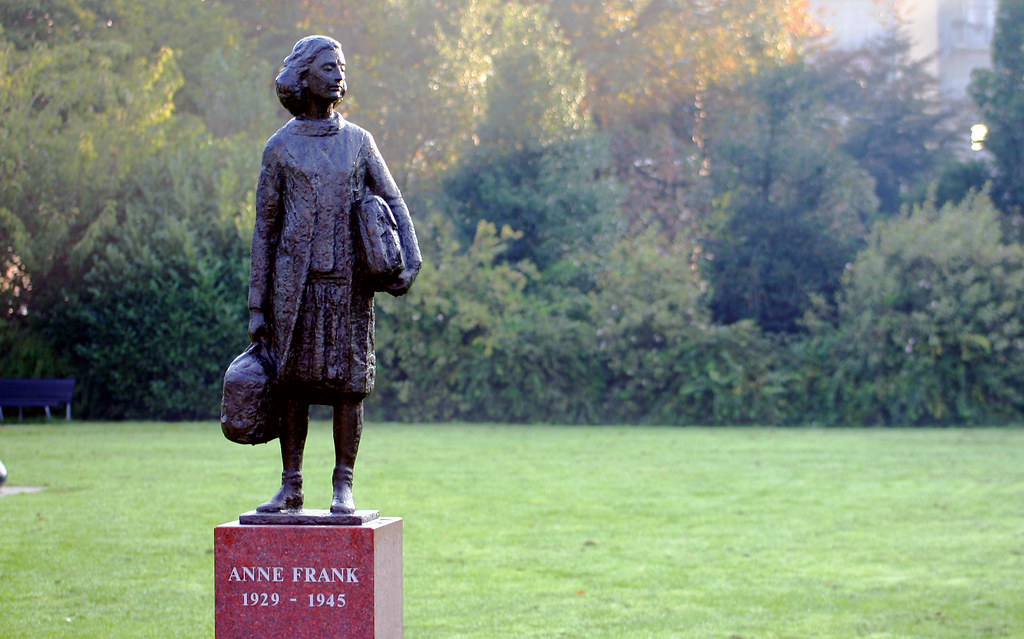LONDON (Parliament Politics Magazine): According to a documentary, Arnold van den Bergh handed over a diarist and her family to the Nazis.
Following the documentary, Anne Frank may have been betrayed by a renowned Jewish businessman who turned a Nazi agent in order to rescue his own family.
For decades, detectives have been clueless as to who informed of the Frank family’s hiding place. In accordance with The Telegraph, Arnold van den Bergh, who passed away in 1950, has come up as the “lead suspect” in a new CBS 60 Minutes investigation.
The study, which was led by veteran FBI detective Vince Pankoke, used “artificial intelligence to pore through enormous records to reach its findings.
The Frank family went into hiding on July 6, 1942, at the time when “the Nazis were hellbent on ridding the Netherlands of all Jews”, according to CBS.
As written in Anne’s diary, they hid in her father Otto Frank’s warehouse, an annexe which was raided in August 1944 by the SS and the Dutch police. August 1, 1944 is the last dated entry in her diary.
They deported Anne to the Bergen-Belsen concentration camp in northern Germany, where she passed away of typhus at the age of 15, in early 1945.
Wilhelm van Maaren, a warehouse worker, has been named as a suspect in previous investigations. On the other hand, Pankoke, informed CBS that though he was “suspicious” and “shifty,” there was no solid proof that he was anti-Semitic, and that he had reason not to betray them for if he did, he would have lost his job.
Instead, the new investigation focused on the Jewish Council, a Nazi-founded organisation in Amsterdam that assisted in the implementation of Nazi policies and the search for Jewish people in hiding.
Arnold van den Bergh couldn’t be found nor could any of his close family members in those camps, he said when asked if documents proved he was incarcerated in a concentration camp. Where had he been if he wasn’t in the camps.
Further study discovered that he had been living in Amsterdam, which he said could only have happened if he had some leverage.
The crew determined that van den Bergh had “gotten himself labelled as a non-Jew and had departed the council, according to Daniel Finkelstein of The New York Times.” he said, adding that it’s “possible, but speculative.”
His name did appear in a 1963 Dutch police probe, but there is not much evidence that the tip was followed up, as per The Telegraph.
While the case was still “circumstantial,” Pankoke informed the broadcaster that the evidence gathered in such an ancient case was “pretty convincing”.
The new facts are essential, according to Finkelstein of the New York Times, and any research on what may have happened to Frank helps to confront Holocaust denial.
He went on to say that Pankoke’s team was inspired by a sense that it is now feasible to foresee individuals living in previously civilised countries finding methods to support undemocratic regimes once more.



